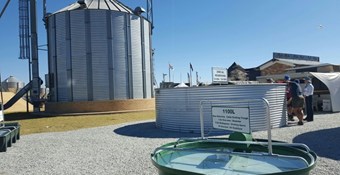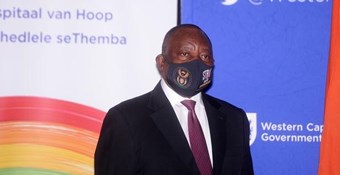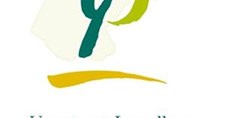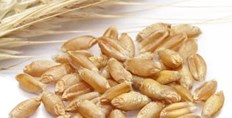Podcasts
Agri-podcast: European Union lifts ban on South African ostrich meat imports─── 14:20 Thu, 04 Apr 2019
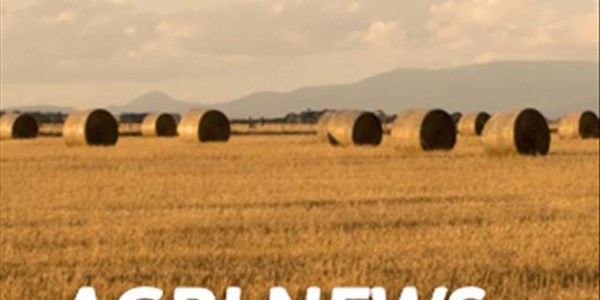
The European Union, the largest consumer of South African ostrich meat, has this week finally lifted the ban on ostrich meat imports.
This, as the ban was imposed last year by the European Union after the national Department of Agriculture, Forestry and Fisheries' residue testing procedures did not meet the EU’s requirements. The MEC of Economic Opportunities in the Western Cape, Beverley Schäfer, welcomed the news saying the resumption of meat trade will help to ease the pressure that ostrich farmers in the province have been experiencing in recent years. He says the EU is the largest market for South African produced ostrich meat and the ban, coupled with extreme droughts around the country, particularly in the Western Cape, has severely impacted the ostrich industry.” Schäfer says South Africa currently holds around 75% of the global ostrich market share, with 80% of the country’s ostrich meat coming from the Western Cape. He adds that ostrich product exports are divided into meat, leather, and feathers, with meat and leather being the most lucrative of the markets. Schäfer says the news of the lifting of the ban comes on the back of a highly successful ostrich auction held last month, signalling a return of confidence to the industry. A total of 166 selected ostrich breeder birds were sold at the 15th annual auction held by the Department of Agriculture at its Oudtshoorn research farm recently.
AND
Free State Agriculture (FSA) has vehemently denied statements doing the rounds in the media, that 20% of farm producers produce 80% of South Africa’s food, as irresponsible and dangerous. Francois Wilken, President of FSA, says the statement done by some academics has no substance and should be rejected at all costs by the farming community. According to Wilken, agricultural production is a much more complex issue than just the production of staple food. He says the wool industry, as an example, is a multi-billion export industry where the wool is sometimes produced in some of the most difficult parts of our country by ordinary and smaller farmers. He says there are therefore many other industries that play a role in generating much-needed foreign currency. Wilken believes the so-called small farmers are the farmers who maintain the economy of small towns and provide work to the unskilled labour force. He adds that they also need to be alert of the misuse of the media, emotion and personal attacks to achieve short-term goals. He says agriculture in the Free State is seen as an integrated partnership between everyone involved in the agricultural value chain.
Wilken added that Free State Agriculture remains committed to serving the interests of all its members and agriculture in general, and ensuring that every producer has a fair and equitable opportunity to live out his passion. According to him, it is important that farmers become involved in established structures, participate and determine their own future.
OFM News/Michael Tlhakudi

